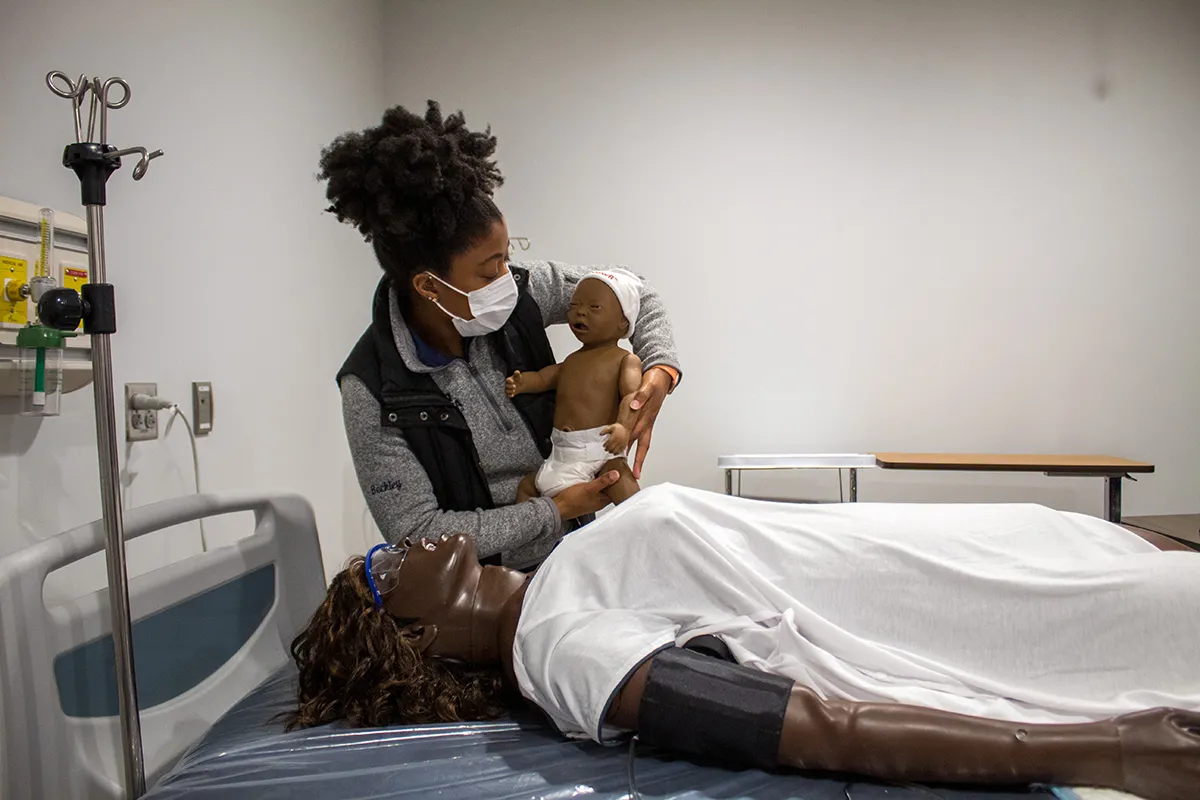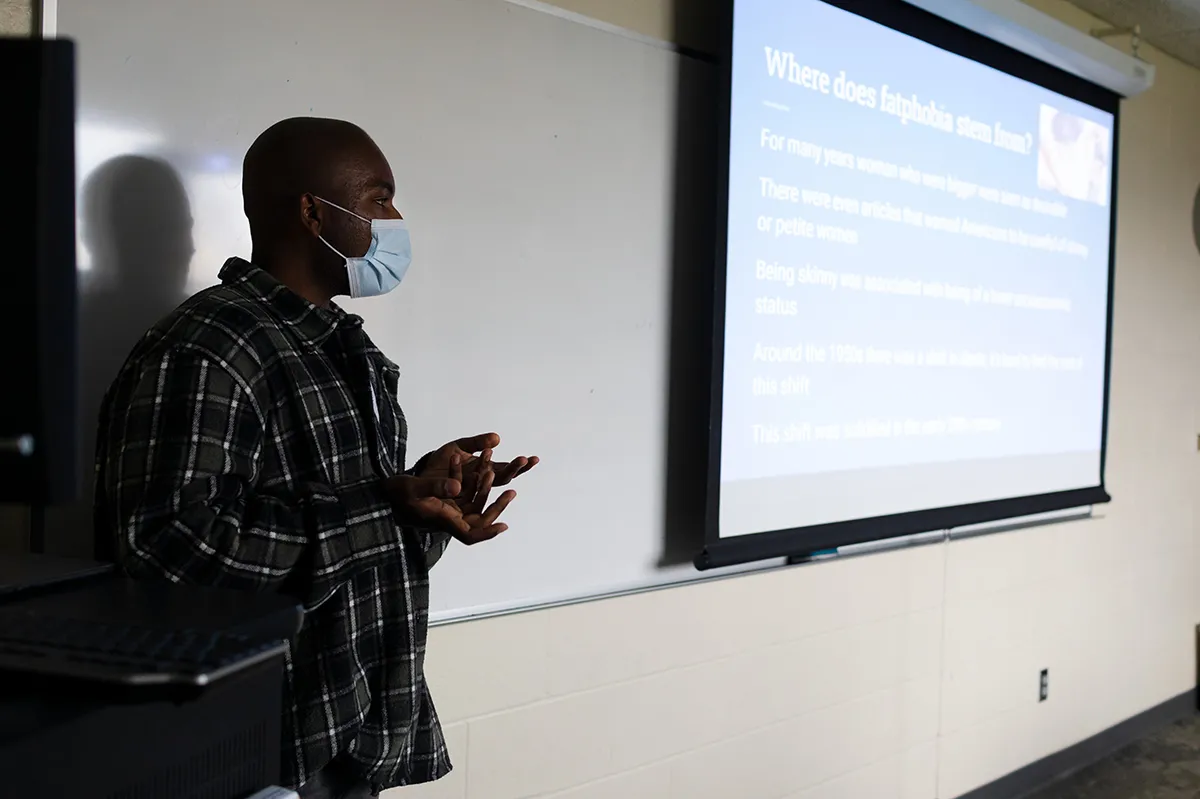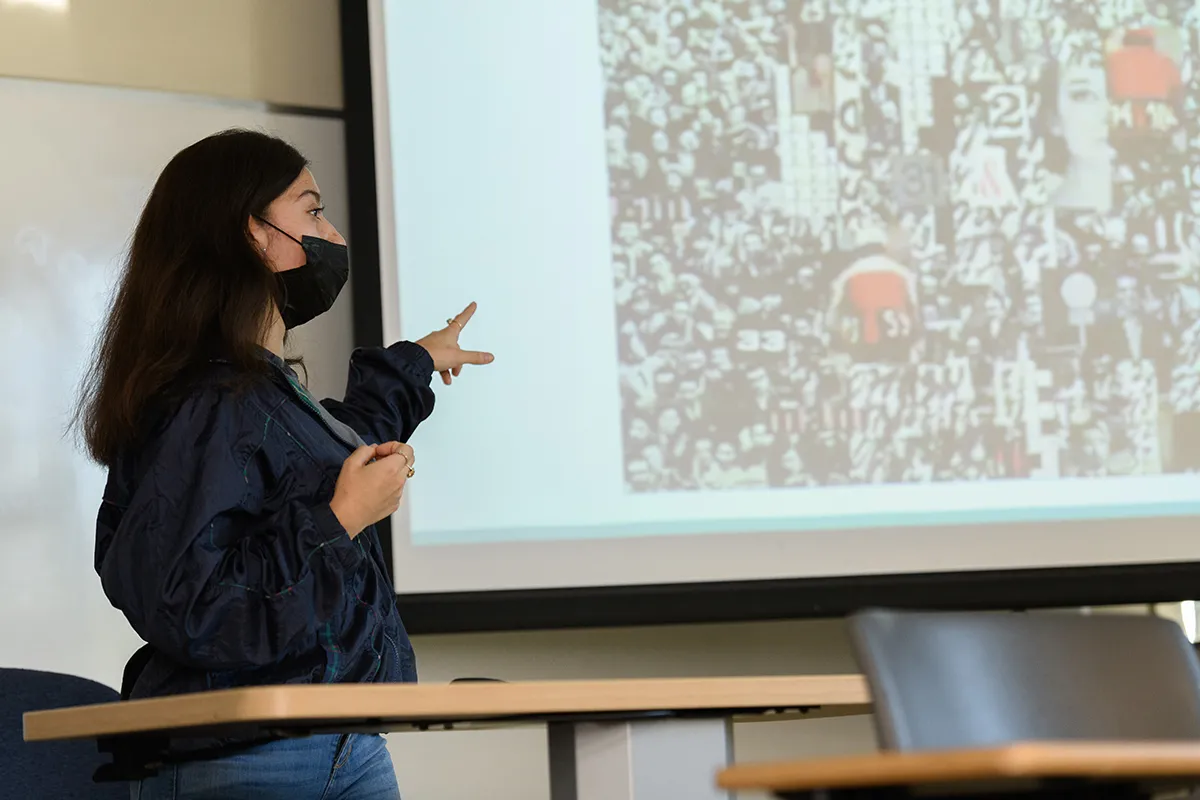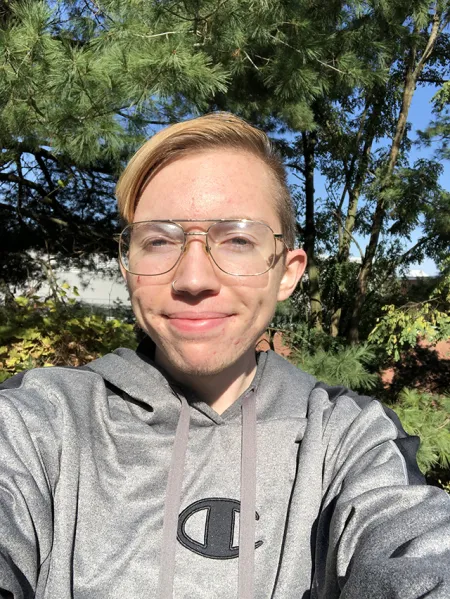Four new majors were launched this year, advancing IC’s ongoing pursuit of meaningful change. Meeting student demand and societal need, the new majors included physician assistant (PA) studies; race, power, and resistance; screen studies; and women’s, gender, and sexuality studies. These majors show the ever-evolving curriculum at Ithaca College, anchored in our roots of theory, practice, and performance. Born of the determination and focused vision of so many members of our Ithaca College community, the majors have activated a reality that aligns with the college’s strategic plan and with our fierce commitment to be a private college that serves the public good.
During this transformative time, learn more about these majors and why they are important to Ithaca College.




